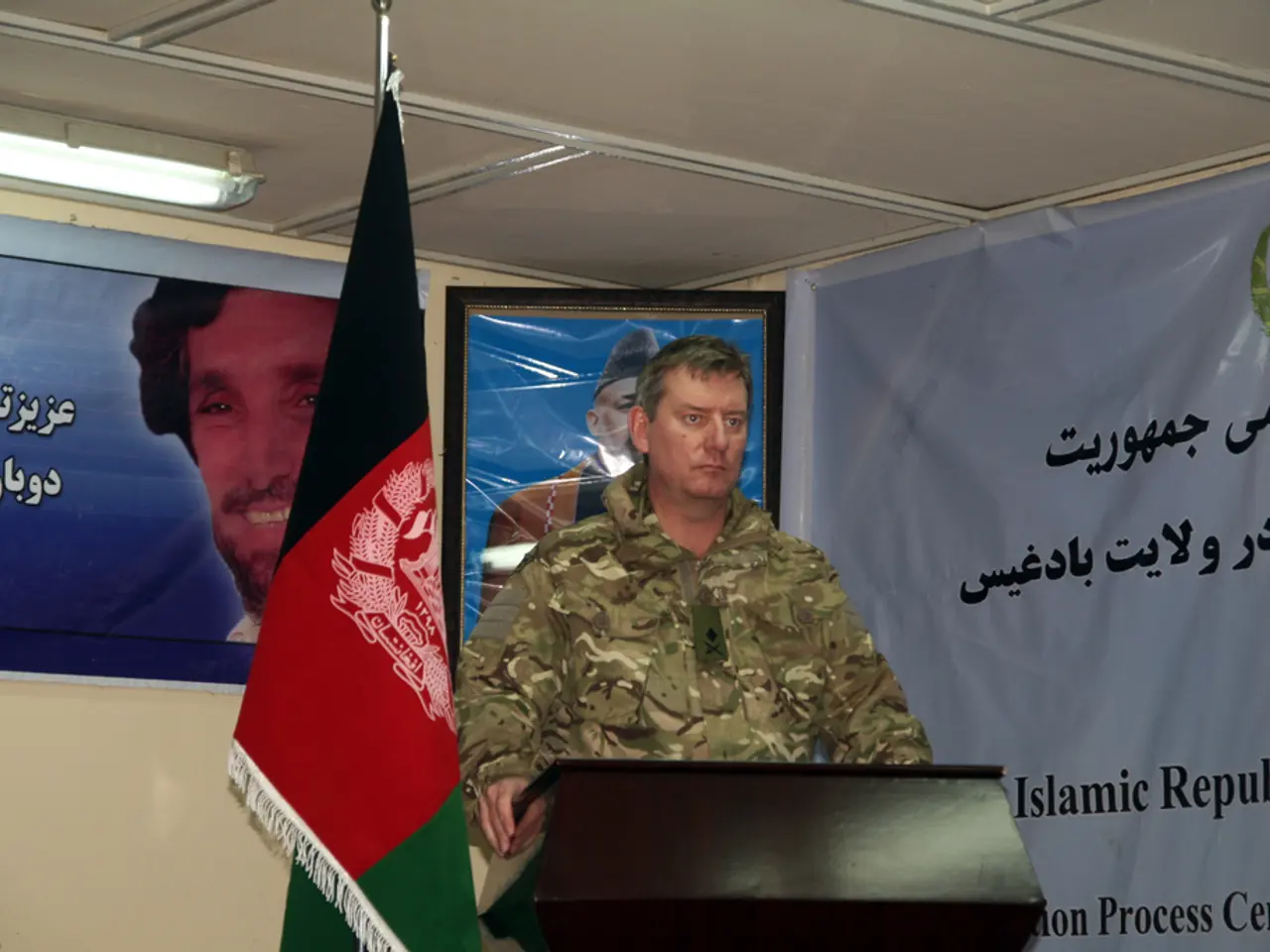Diplomat Wadephul embarks on intricate tasks across the Middle East region - Diplomat Wadephul Faces Challenges in Middle Eastern Diplomacy
Germany has called for an immediate ceasefire in Gaza, insisting on the unconditional release of all hostages held by Hamas, and stressing the need for Israel to allow safe and full humanitarian aid deliveries to alleviate the catastrophic humanitarian crisis [1][2][3][4].
This stance reflects a nuanced approach that balances support for Israel’s security with concern for Palestinian civilians. Germany continues to condemn Hamas for the attacks and hostage-taking yet also warns Israel against actions undermining peace, such as illegal settlements and starvation tactics [1][2].
Unlike many other European states, Germany is more reserved when it comes to sanctions against Israel. However, the current Middle East conflict puts the German government in a difficult position due to its special responsibility towards Israel and the situation in the Gaza Strip [5].
Steve Witkoff, Trump's special envoy, is set to travel to Israel to discuss the humanitarian situation in the Gaza Strip, and will be traveling in the region at the same time as Johann Wadephul, the German Foreign Minister [2]. Foreign Minister Johann Wadephul is traveling to Tel Aviv for political talks [6].
Friedrich Merz, a German politician, has presented a comprehensive list of demands regarding the situation in Gaza, including improvement of the humanitarian situation, a comprehensive ceasefire, release of hostages, disarmament of Hamas, and no further steps towards the annexation of the West Bank [7]. Merz sees these announcements as "not the first, but potentially one of the final steps towards the realization of a two-state solution." [8]
Merz's decision to convene the Security Council over the current situation in Gaza reflects the mood in Berlin. The foreign policy course of President Donald Trump’s government is considered unpredictable in Berlin [9]. The call from within the SPD for Germany to join a declaration and adopt a more critical stance towards Israel has raised questions about the unity of the coalition on Middle East policy [10].
Such a move would be unprecedented in German-Israeli relations. The EU Commission has recommended partially suspending Israel's participation in the Horizon Europe research funding program [11]. However, some countries in Europe are increasingly discussing or considering the recognition of a Palestinian state even without a negotiated peace process, reflecting a diversification of European stances beyond Germany’s more cautious and historically informed approach [3].
In contrast, Prime Minister Benjamin Netanyahu equates a Palestinian state with Hamas, stating that recognizing Palestine would play into the hands of the terrorist organization [12]. The conflict also puts Germany in a difficult position in its relations with European partners, as France, Britain, and Canada have announced plans to recognize Palestine as a state [13].
In summary, Germany’s approach balances firm support for Israel’s security and historic ties with a strong humanitarian concern and commitment to negotiations, slightly more cautious and historically grounded than some other European countries currently considering more direct Palestinian recognition [1][2][3][4].
| Aspect | Germany | Other European Countries | |-----------------------------|-----------------------------------------|----------------------------------------------| | Ceasefire stance | Calls for immediate ceasefire | UK, France also call for immediate ceasefire | | Hostage release | Insists on unconditional release | Same | | Humanitarian aid | Demands safe, full aid access to Gaza | Similar demands | | Stance on Israel’s actions | Condemns Hamas, warns Israel on settlements and starvation tactics | Some countries more critical of Israel or push recognition of Palestine without negotiation | | Two-state solution support | Strong support with historic responsibility acknowledged | Mixed, some pushing more rapidly for state recognition | | Political tension | Facing criticism from some Israeli officials | Varies by country |
- Germany's employment policy, as demonstrated in the context of the Middle East conflict, prioritizes a balanced approach that supports Israel's security while addressing the humanitarian crisis in Gaza, unlike some other European countries that may push for more direct recognition of a Palestinian state.
- In the discussion of war-and-conflicts, politics, and general-news, Germany, while condemning Hamas' actions and warning Israel against peace-undermining actions, is more reserved on imposing sanctions, indicating a nuanced stance that aligns with its historical responsibilities and diplomatic ties.







